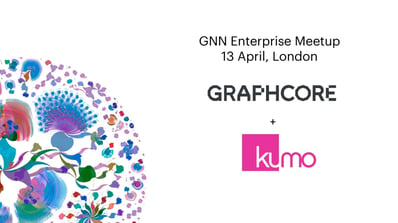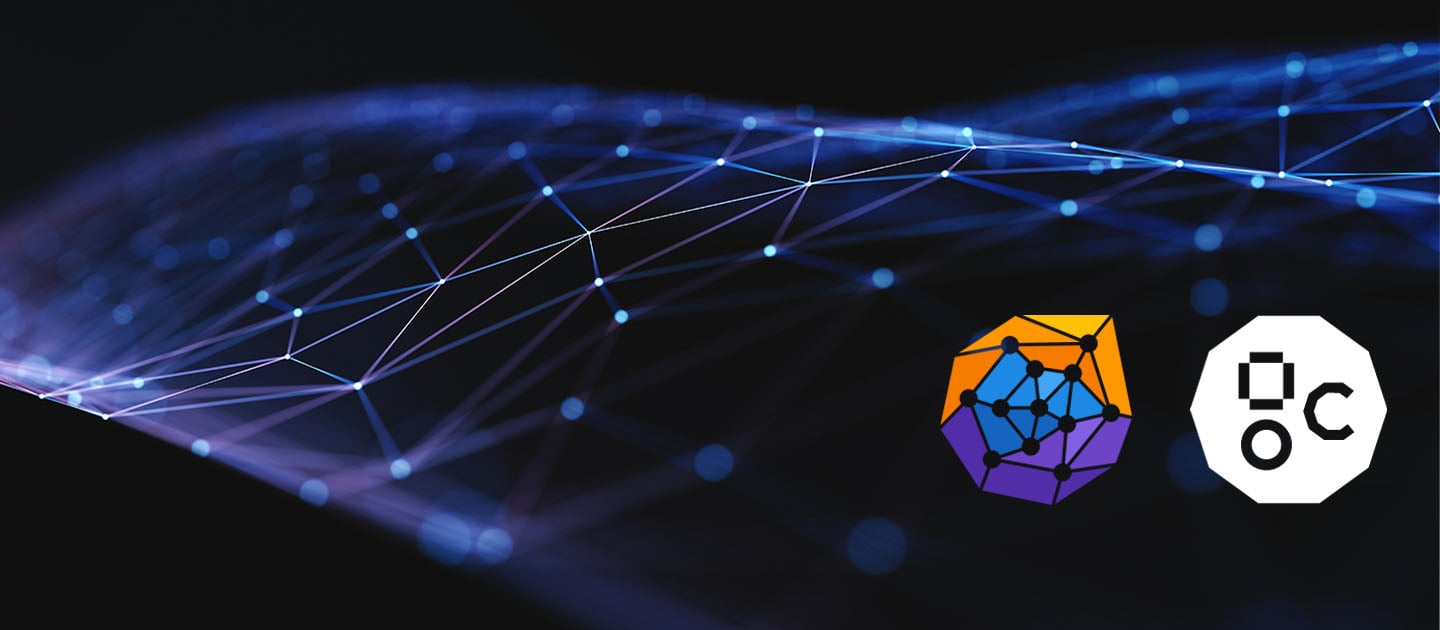PyTorch Geometric (PyG) has quickly established itself as the go-to framework for building Graph Neural Networks (GNNs), a relatively new approach to AI that is particularly well-suited to modelling subject matter with irregular structures – from molecules to social networks, with the potential to be used in commercial applications as diverse as drug discovery and fraud detection.
At the same time, Graphcore IPUs have shown standout performance running GNNs, compared to other compute architectures – winning industry benchmarking competitions and being put to use in US national labs, commercial AI companies and academic research environments.
Now, for the first time, we are integrating PyG with Graphcore’s software stack, allowing users to build, port and run their GNNs on IPUs.
We are also making a range of example models available to run as Paperspace Gradient Notebooks. These span molecular science, temporal graph networks, knowledge graph prediction, and more.
Accelerating GNN uptake
Welcoming the partnership, PyG creator and founder of Kumo.ai, Matthias Fey said: “The suitability of IPUs for running GNNs and the kind of performance advantage that Graphcore and its customers have demonstrated is really helping to accelerate the uptake of this exciting model class.
“The integration of PyTorch Geometric will make it quicker and easier than ever for developers to create new GNNs from scratch, move existing models over to IPUs, or take advantage of the growing catalogue of off-the-shelf IPU-ready GNNs.”
Minimal code changes
Running a PyG model on Graphcore IPUs, for training or inference, requires only minimal code changes compared to using PyG on a GPU.
Our blog - Getting started with PyTorch Geometric (PyG) on Graphcore IPUs - shows how to get up and running in a matter of minutes.
Users who want to start using GNNs immediately can also choose from the following pre-built model notebooks using a six hour free trial on Paperspace.
Try our GNN model notebooks in the cloud today
Learn how to get started quickly with our PyG tutorials
For more details on these GNNs and a more detailed technical explanation of why Graphcore IPUs are so good at running these models, read Accelerating PyG on IPUs: unleash the power of Graph Neural Networks.
You can also test the IPUs speed performance for yourself using our free
GNN benchmarking notebook.
Join our Meetup
If you’re interested in Graph Neural Networks and PyG, come along to the Graphcore and Kumo Enterprise Meetup to discuss the power of GNNs, and the future of enterprise deep learning.
Sign up to attend in person - London, Graphcore office, 13 April.

You'll have the opportunity to hear from leaders in graph machine learning:
- Jure Leskovec, Co-Founder at Kumo AI and Professor at Stanford
- Matthias Fey, Founding Engineer and Creator of PyTorch Geometric
- Andrew Fitzgibbon, Distinguished Engineer and Research Fellow at Graphcore
- Dominic Masters, Lead Research Scientist of Graph Neural Networks at Graphcore
- Hatem Helal, Research Scientist and domain expert in chemistry at Graphcore
